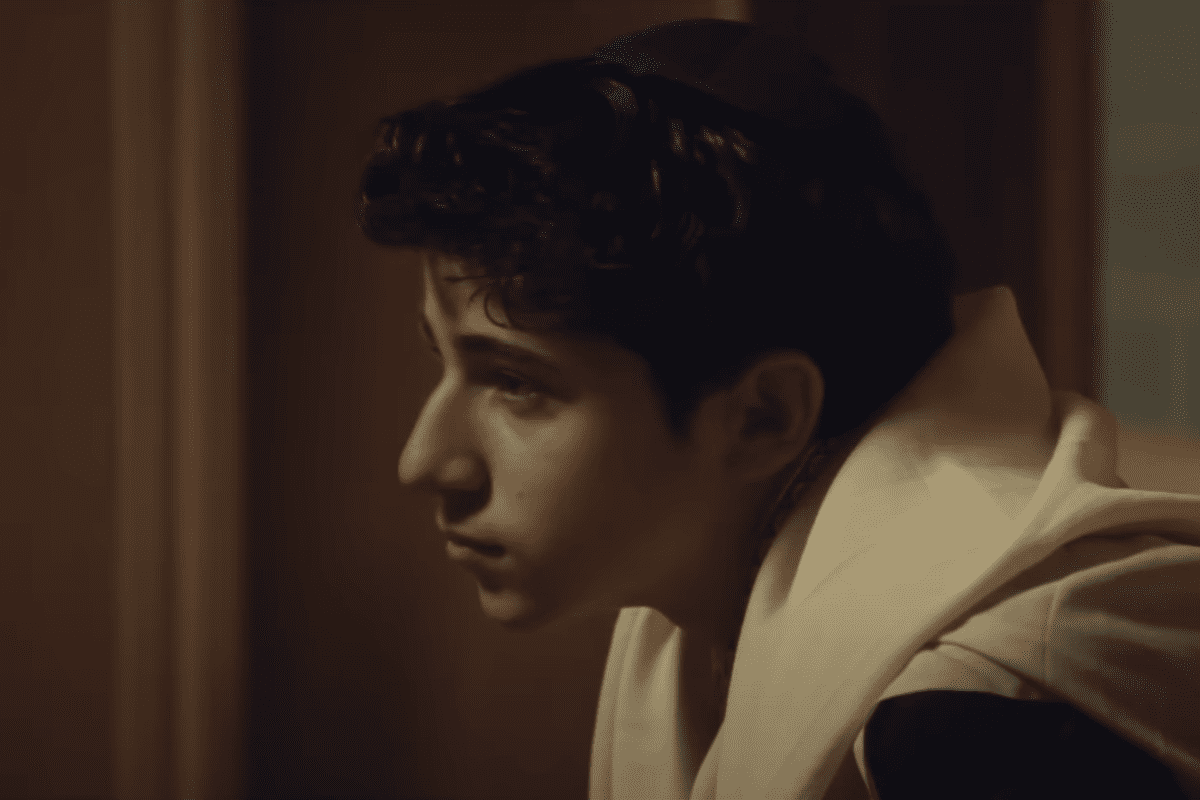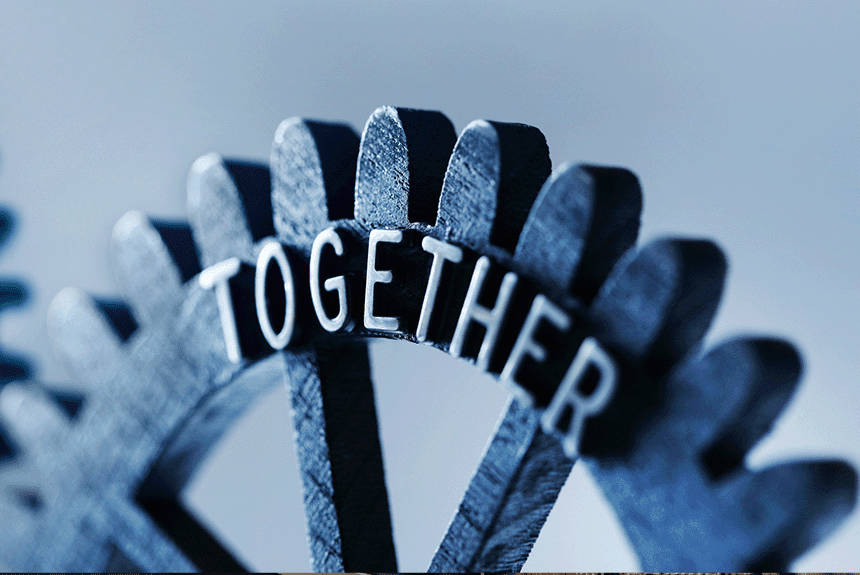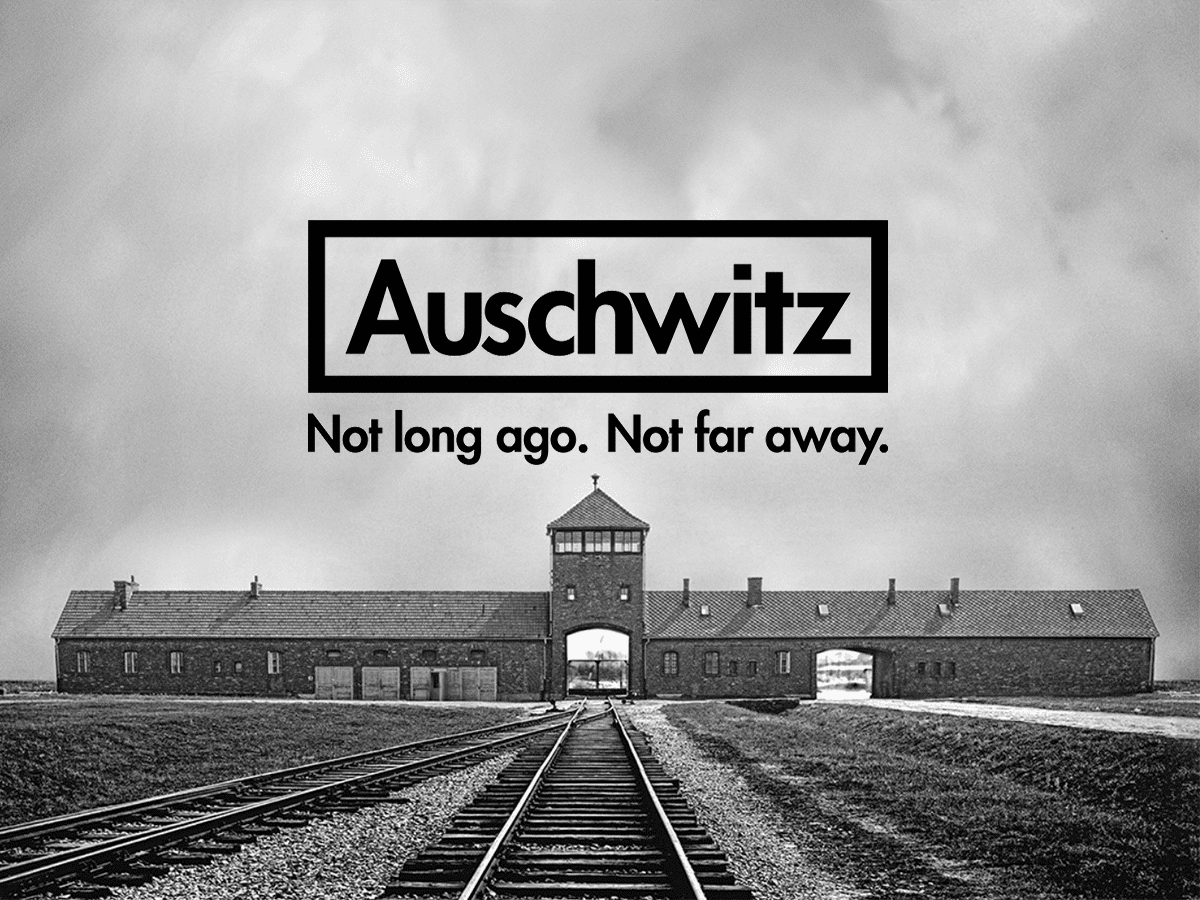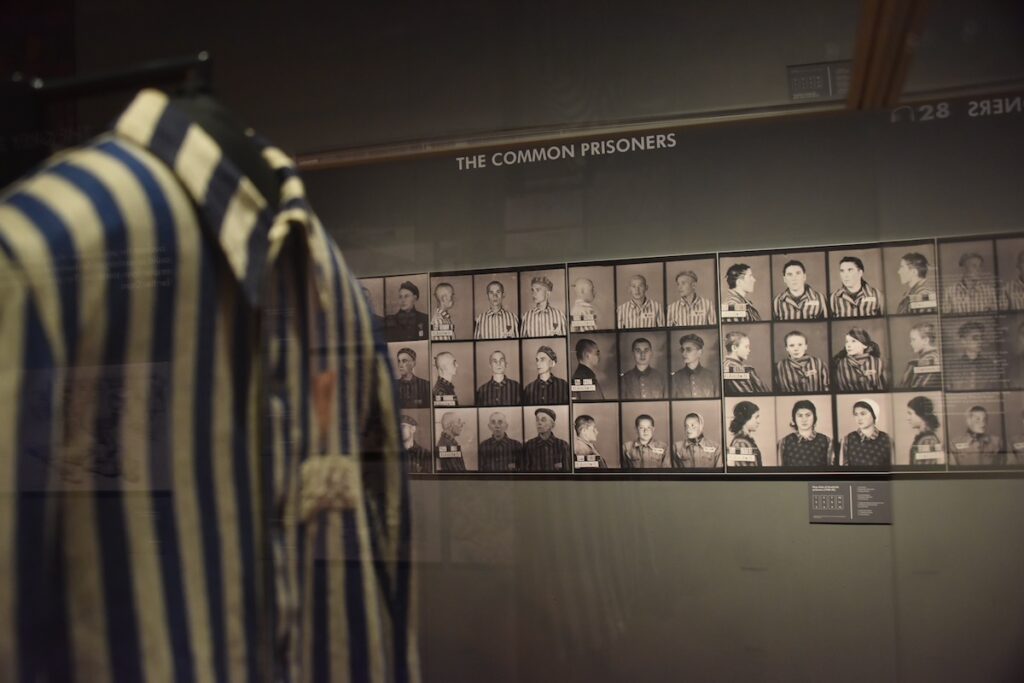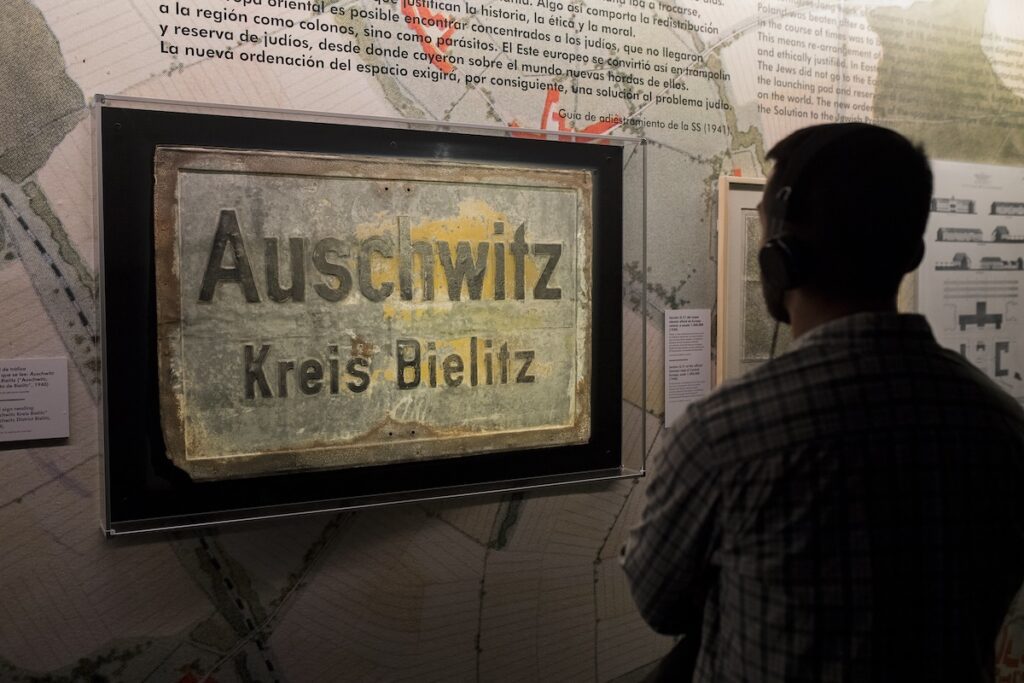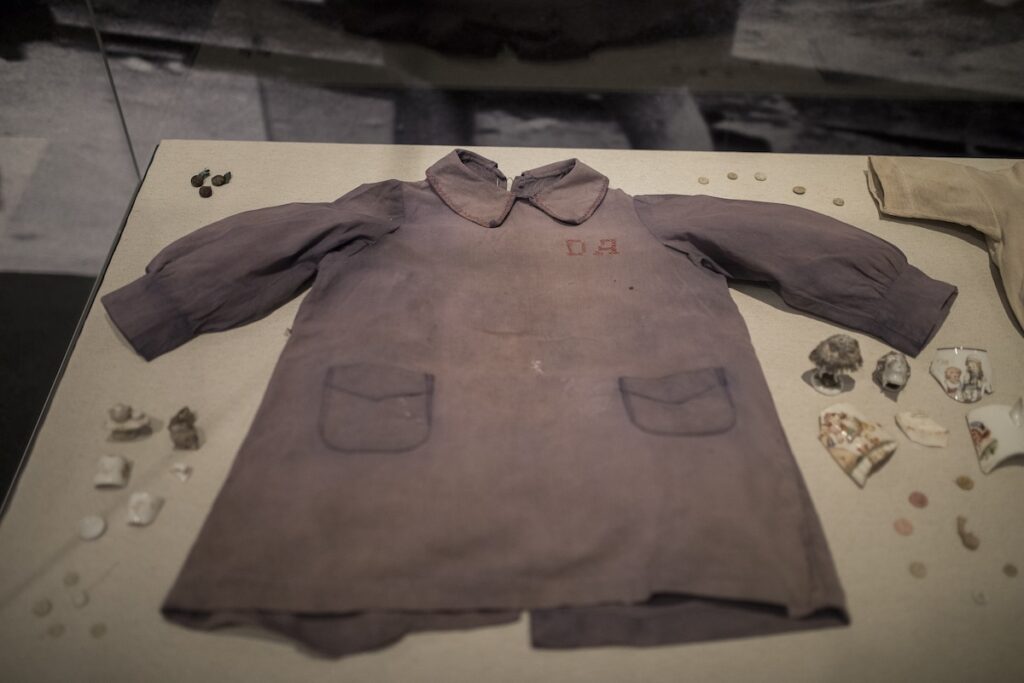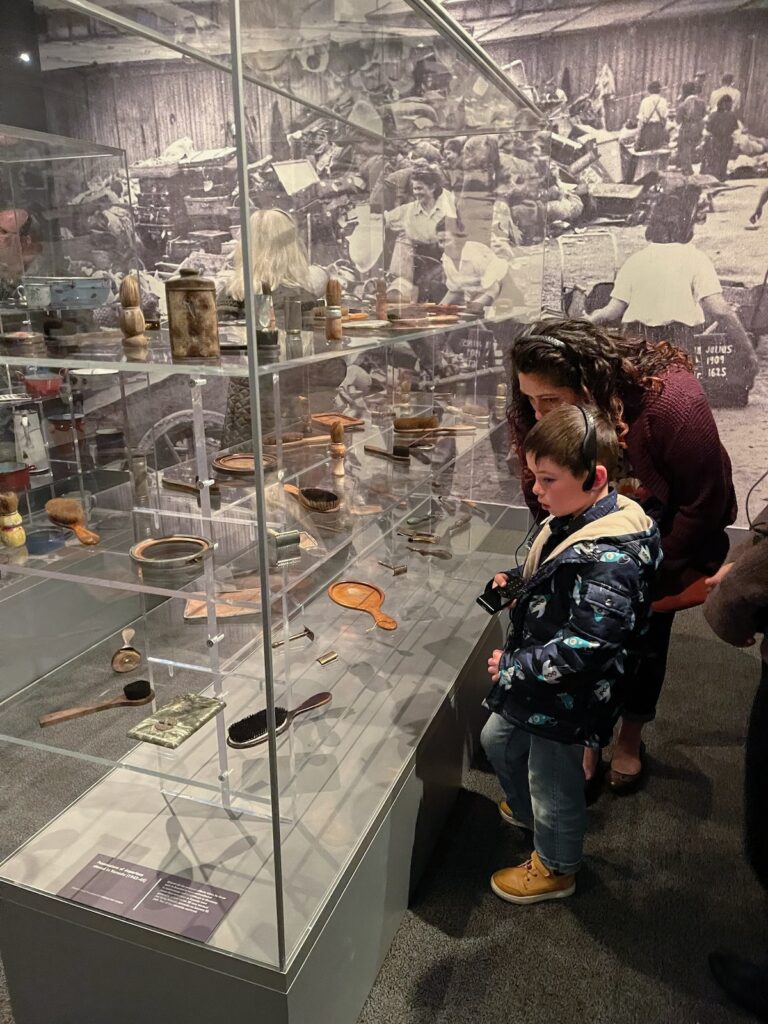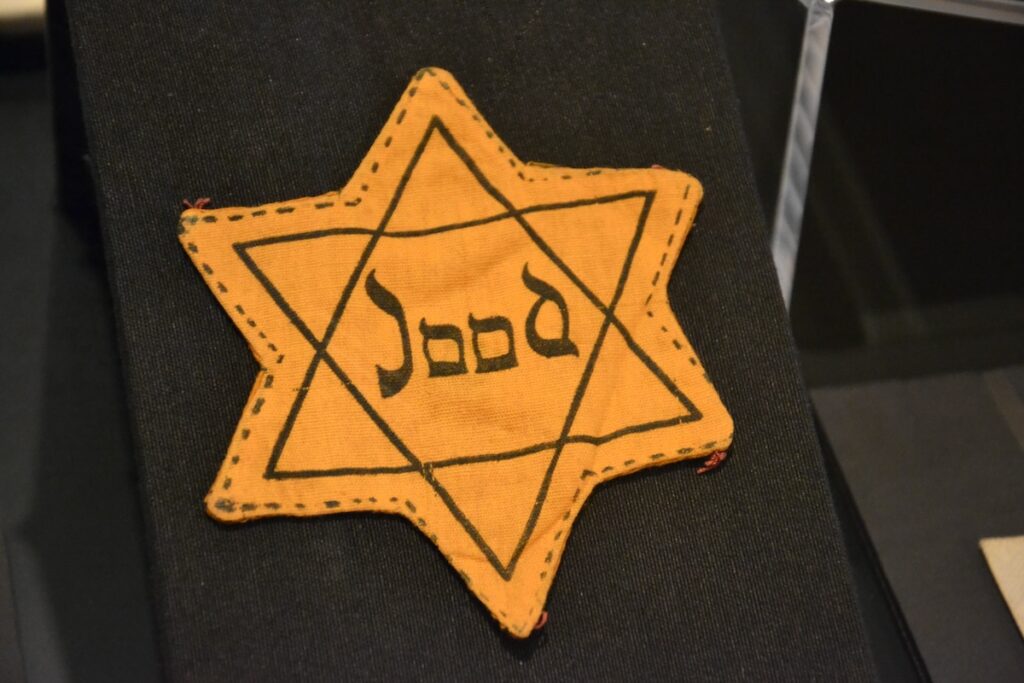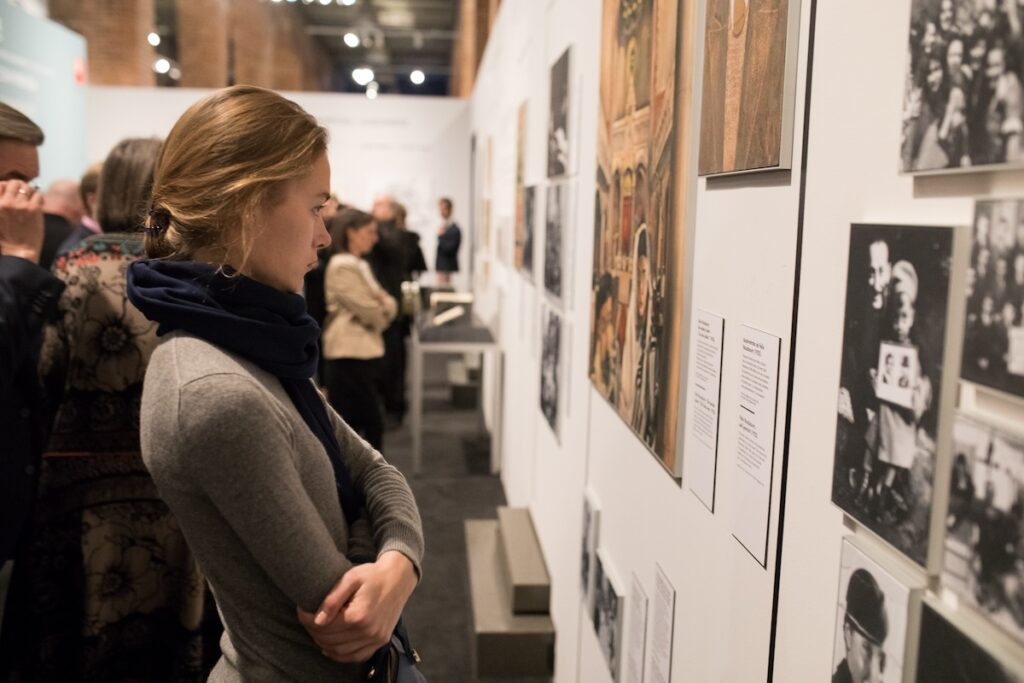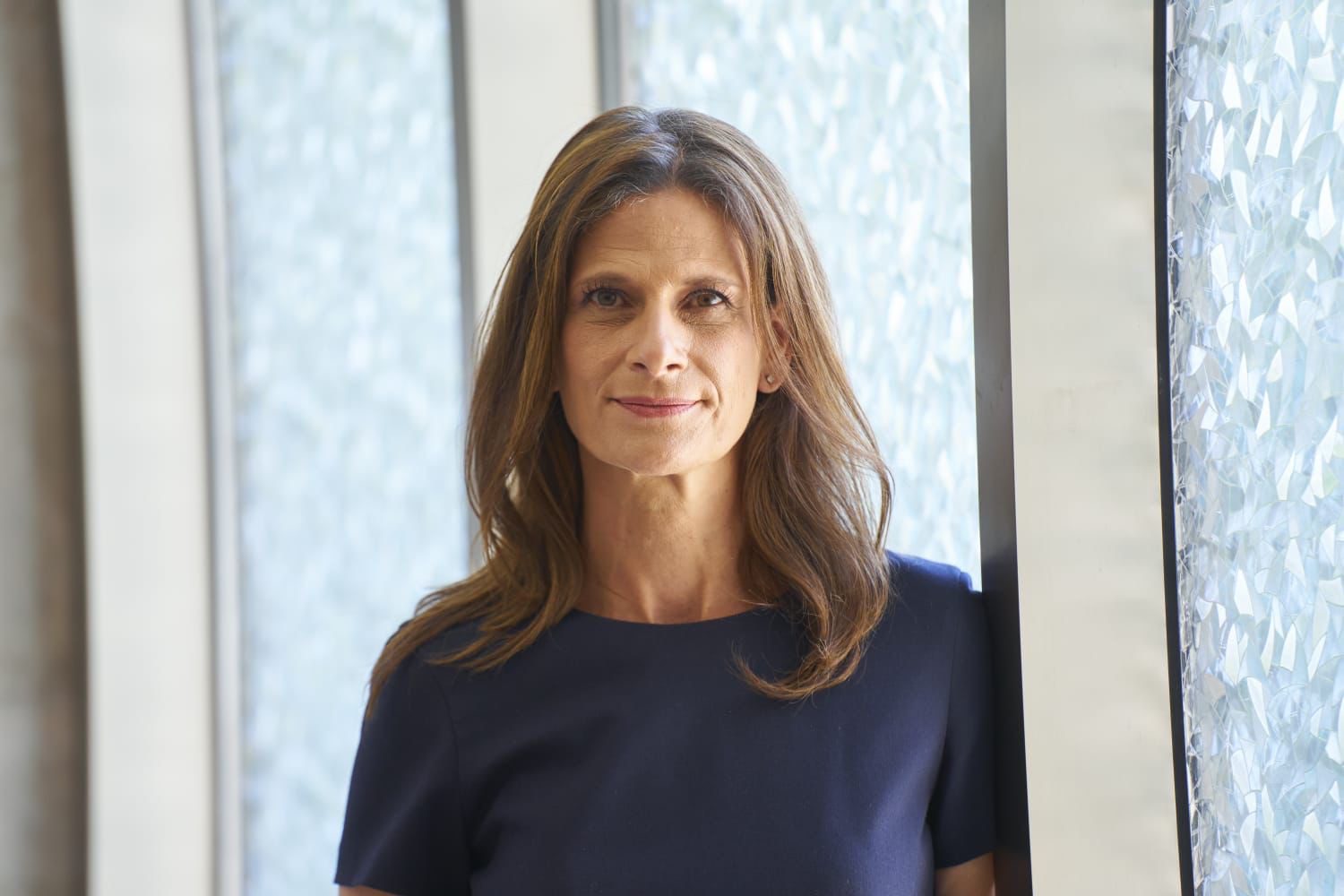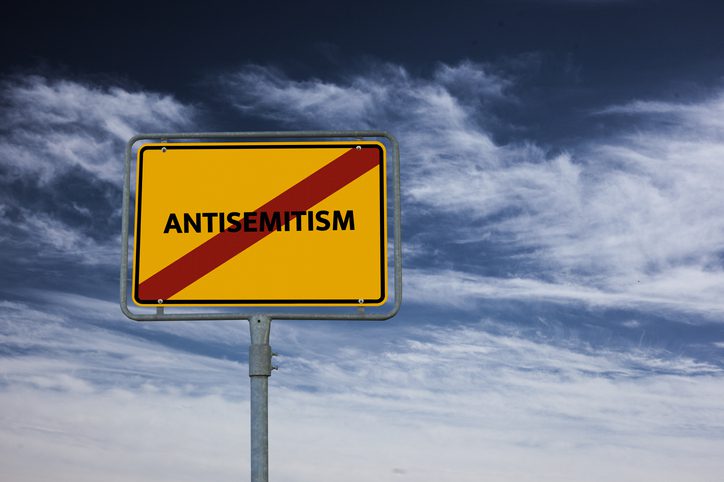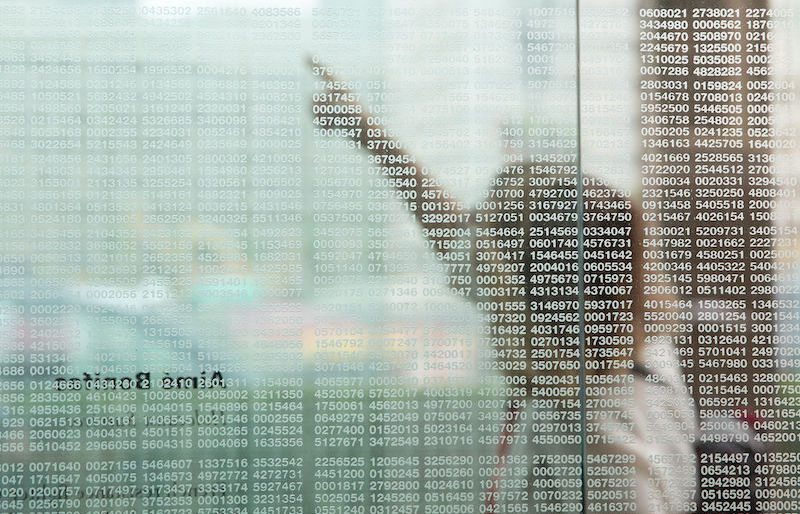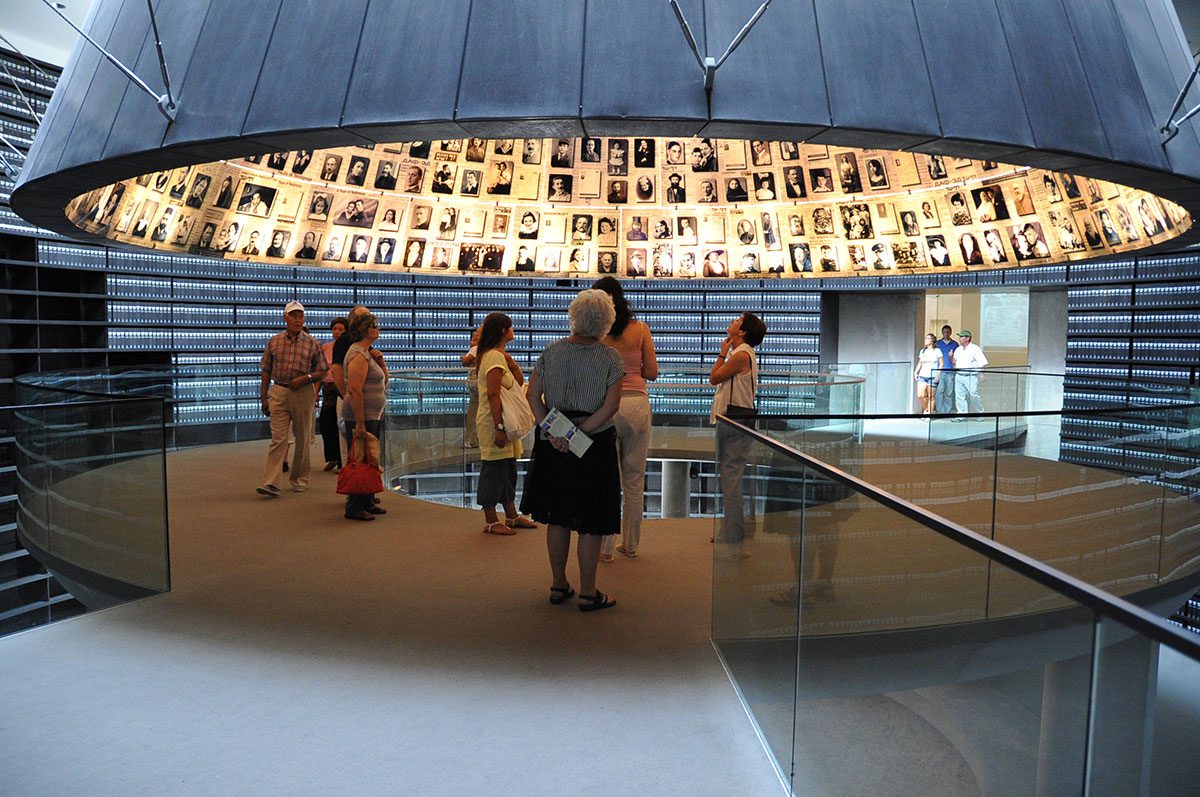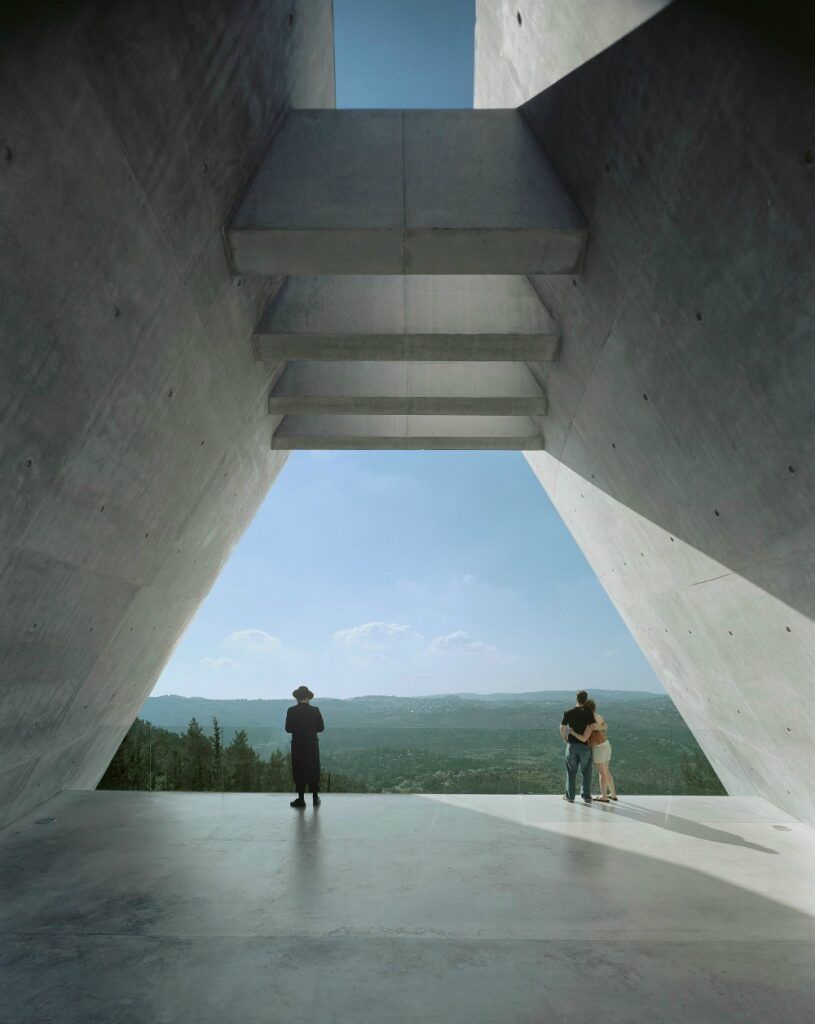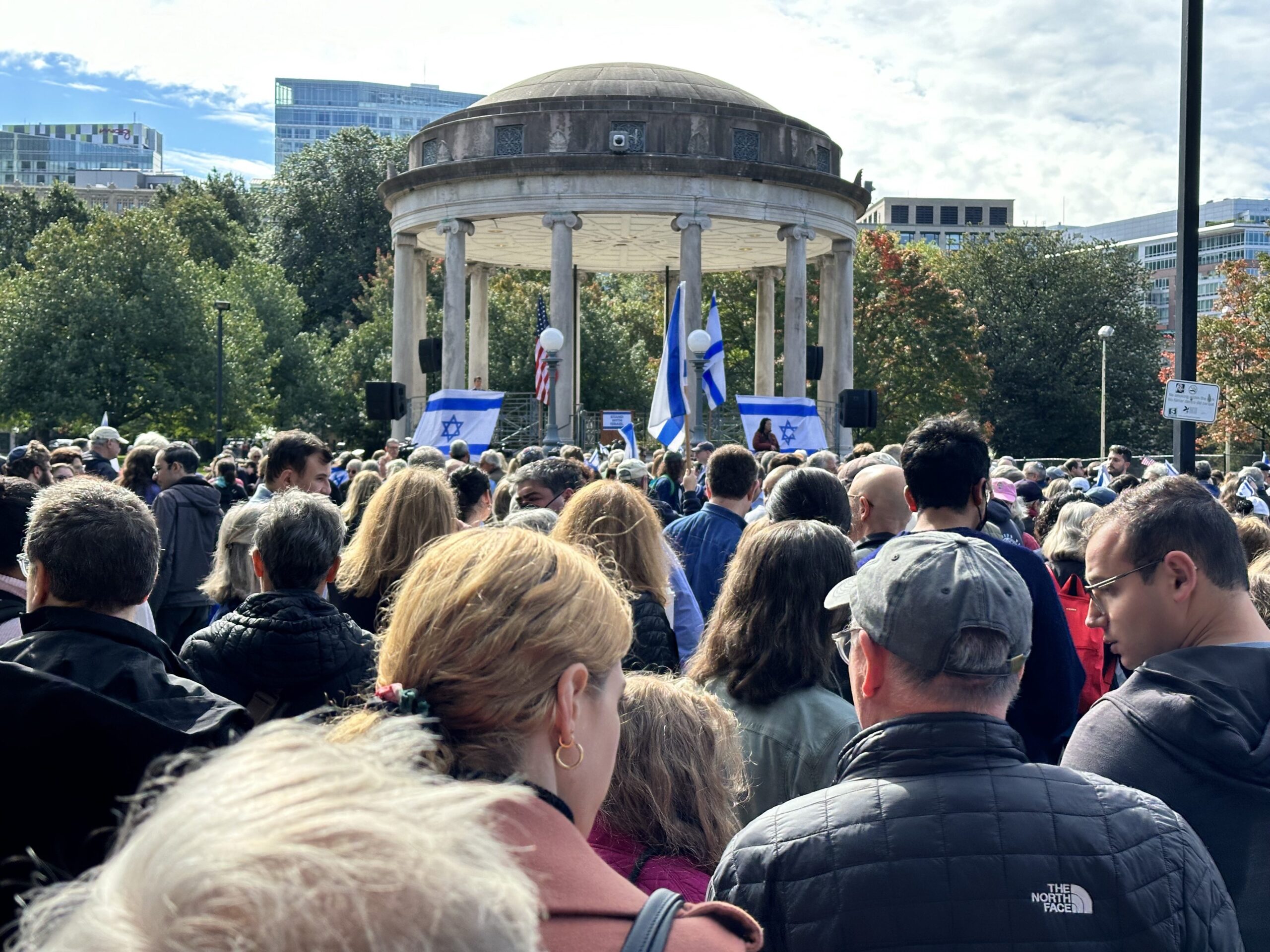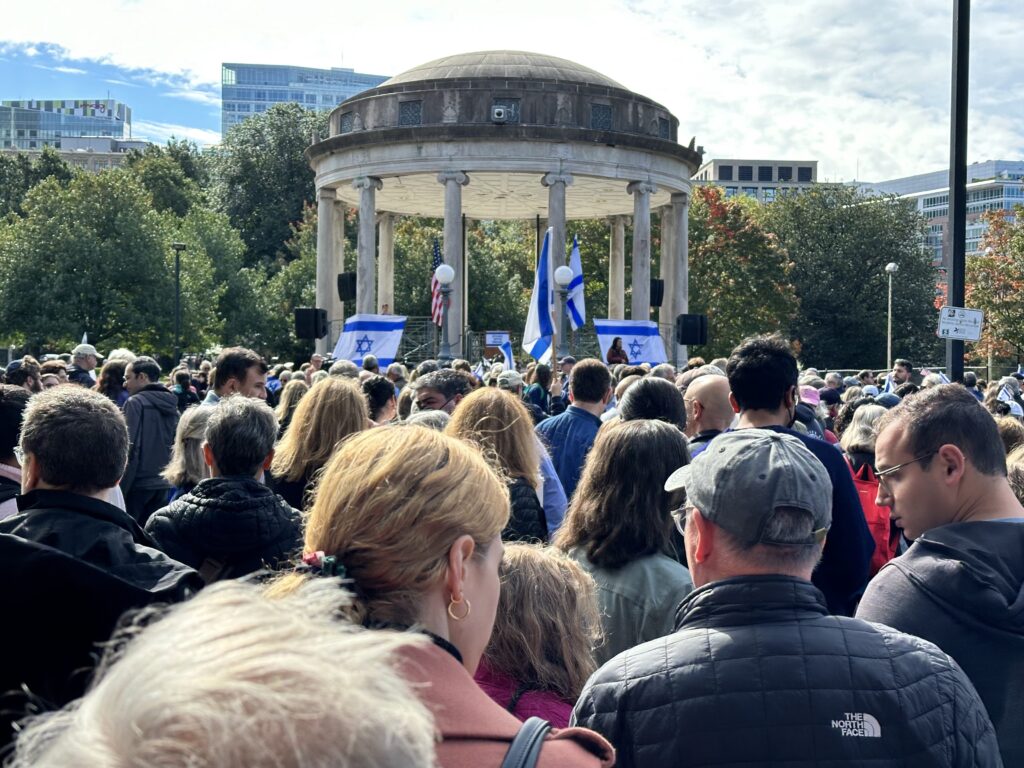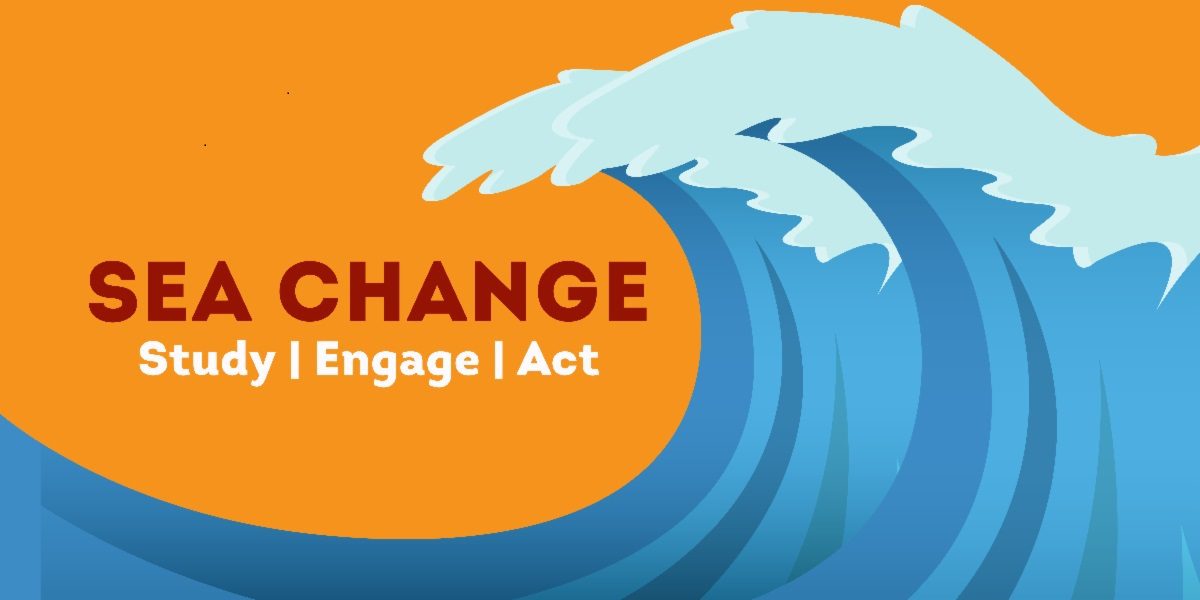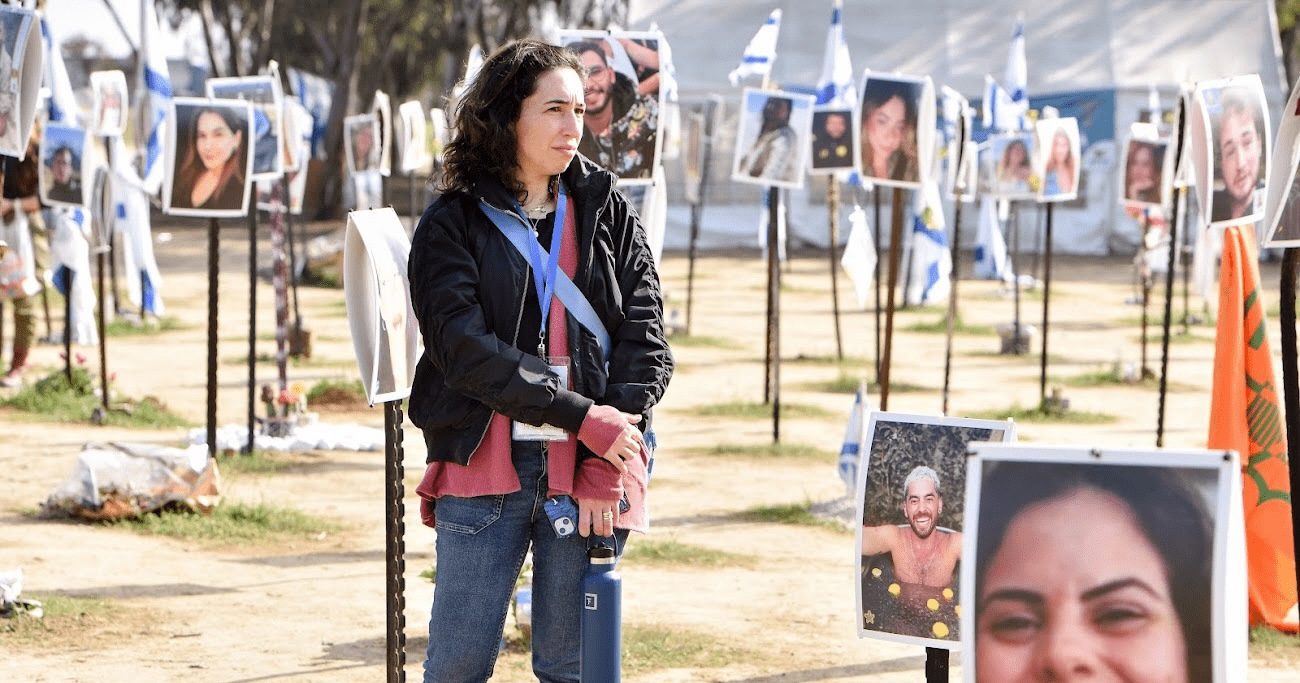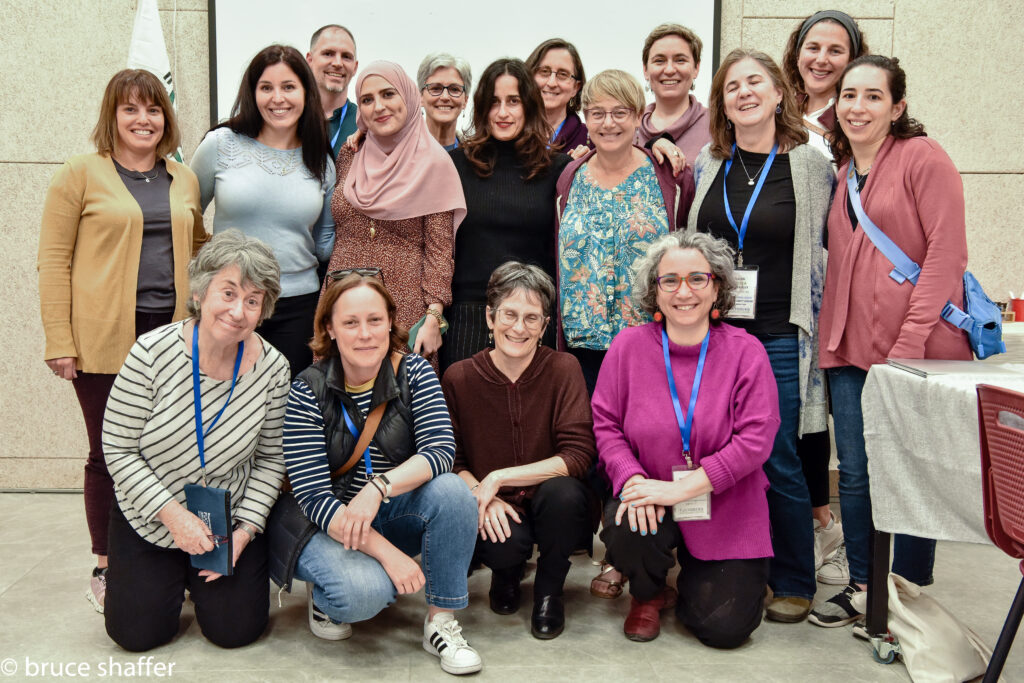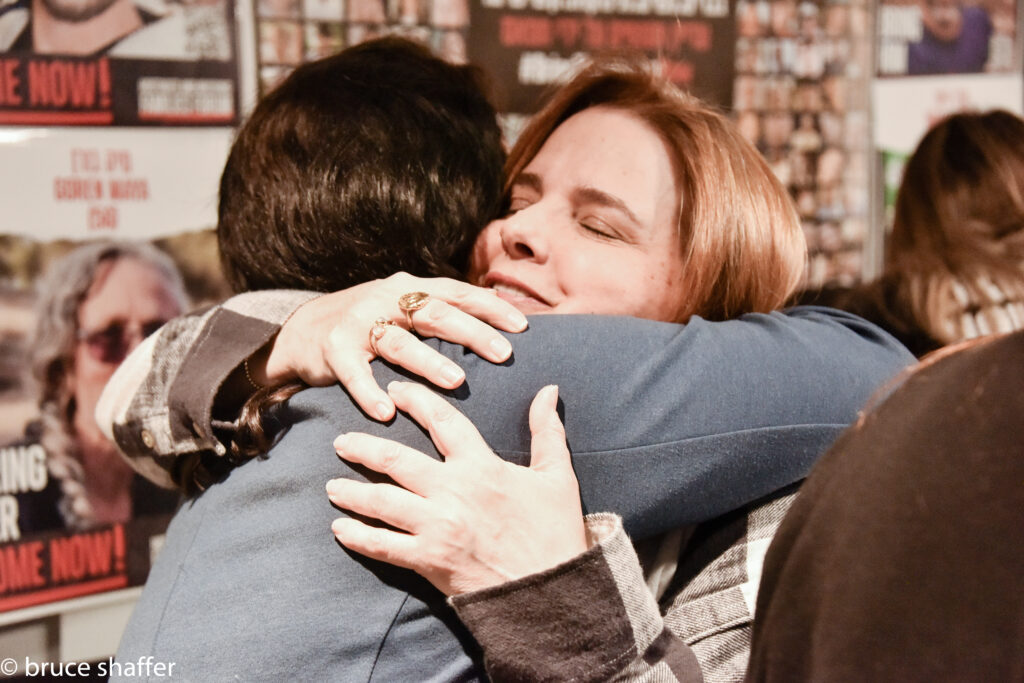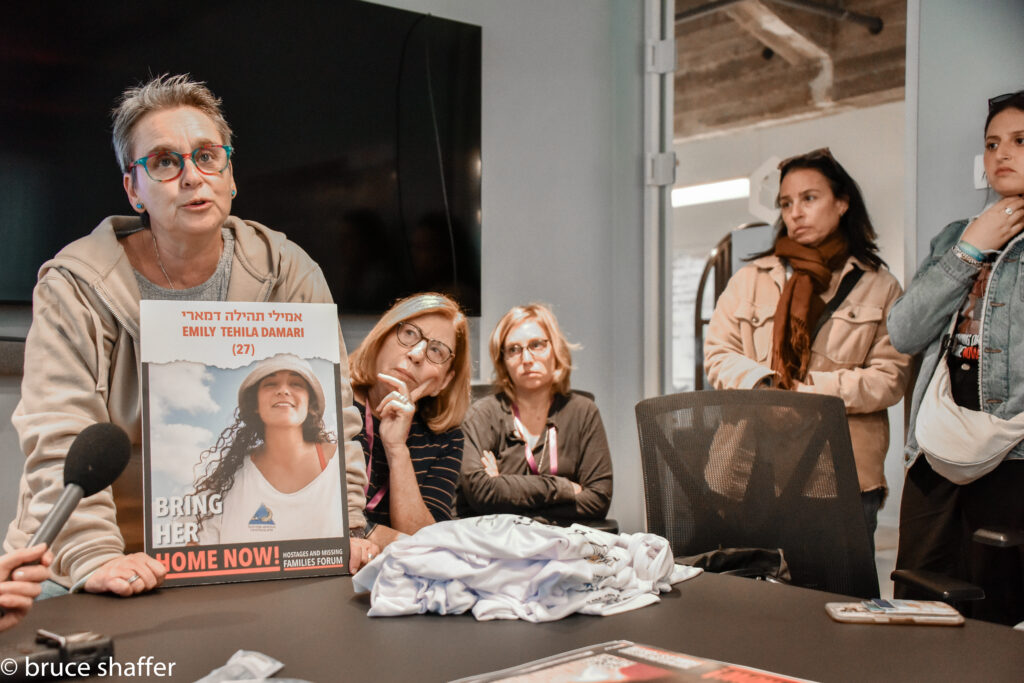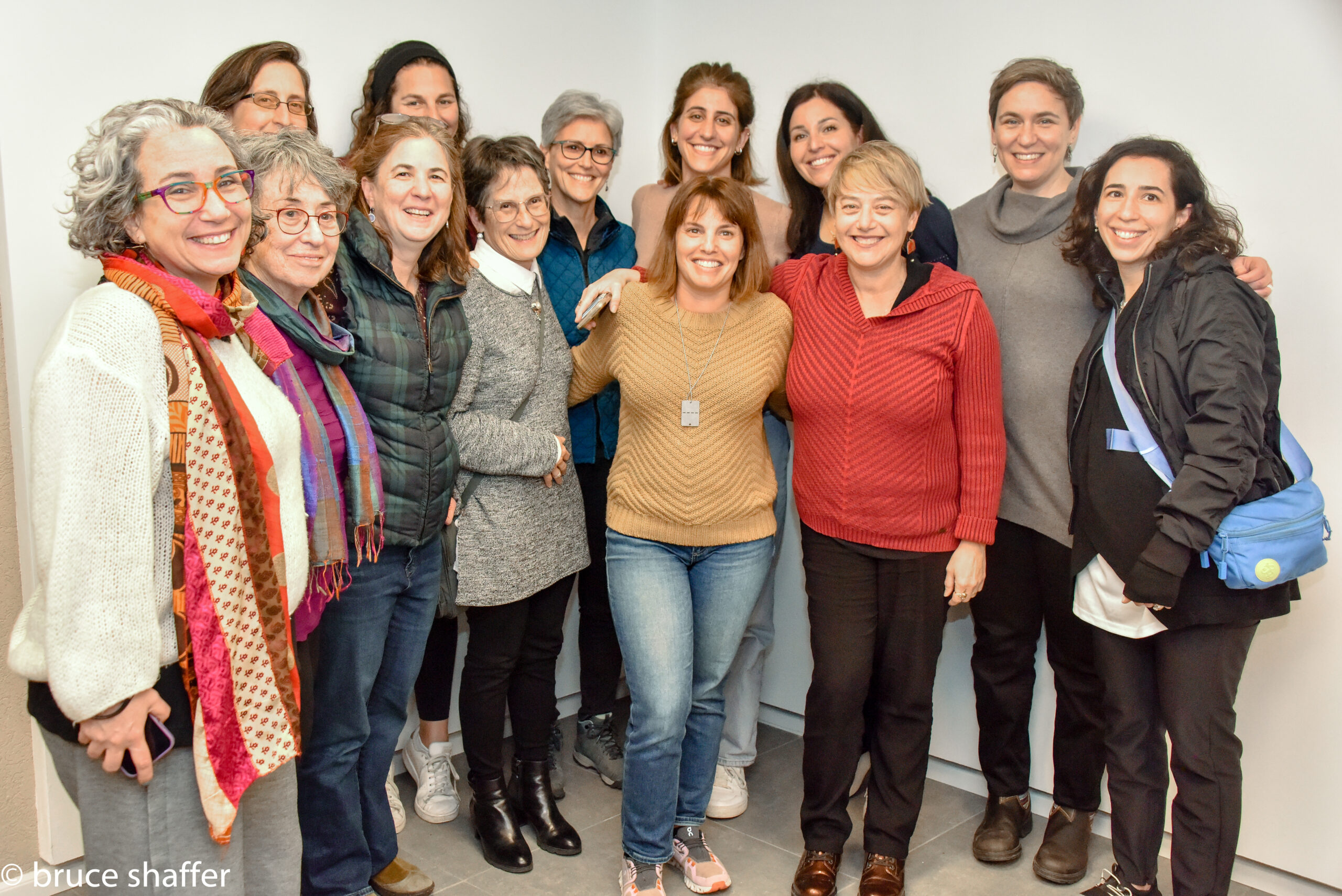By Foundation to Combat Antisemitism
Did you know 895 Jewish temples received bomb threats in 2023? This video, “Neighbors,” which debuted during the Academy Awards on Sunday, March 10, recounts the actual events that transpired in an American synagogue that received a bomb threat and was evacuated. In response, the neighboring evangelical church offered their space for the Jewish congregation to conduct their services.
Hate loses when we stand together.
#StandUpToJewishHate
At FCAS (Foundation to Combat Antisemitism), we are dedicated to combating antisemitism through positive messaging and partnerships. Our initiative, Stand Up to Jewish Hate, is designed to empower both non-Jews and Jews to become defenders and upstanders for the Jewish community. We are passionate about promoting understanding, empathy, and tolerance among different groups, and our ultimate goal is to create a more inclusive and accepting world for all.

